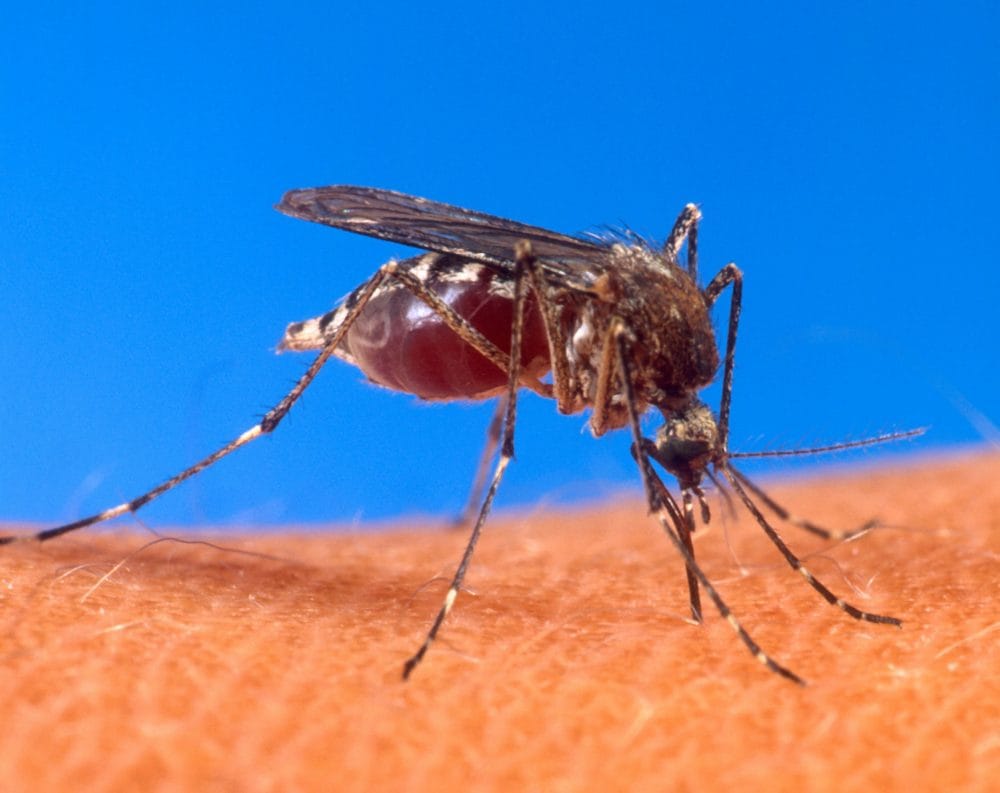Reports by the Indian Ministry of Health and Family Welfare has confirmed a new outbreak of the Zika virus in the western State of Rajasthan. This is the third outbreak of the virus in India since 2017. The first one was reported in January 2017 in Rajasthan’s neighbouring state of Gujarat. The second was observed only months later in the state of Tamil Nadu.
In a press conference held by the Union Health Minister Jagat Prakash Nadda, the public was informed that eighty cases have been reported, but affirmed a policy of full cooperation between the government and the officials of the concerned states. Nadda also emphasised the need to maintain continuous monitoring and direct action on the field. These include controlling the main vector: the Aedes Aegypti mosquito. Already 330 teams have been deployed in the affected areas.

The Zika virus is part of the Flavivirus genus, a groups of viruses which include dengue, the yellow fever, as well as the West Nile virus. As such, they share common aspects, most notably the mode of transmission which in this case is the the Aedes Aegypti mosquito acting as the main vector, and recognisable by its black and white stripes. Its population is difficult to control as its eggs can withstand extreme dryness or desiccation for several months and become active again when in contact with water.
Symptoms are similar to mild forms of dengue fever and chikungunya, thus making an accurate diagnostic problematic. As for treatment, there is currently no treatment nor any vaccines available on the market as of yet. Patients are often treated with mild painkillers and rest. At risk populations include pregnant woman as the Zika virus is known to create severe brain malformations in foetuses, in this case, a condition known as Microcephaly. In adults, in rare cases, it can also trigger a Guillain Barré Syndrome, a rare disorder in which the body’s immune system attacks its own nervous system.

